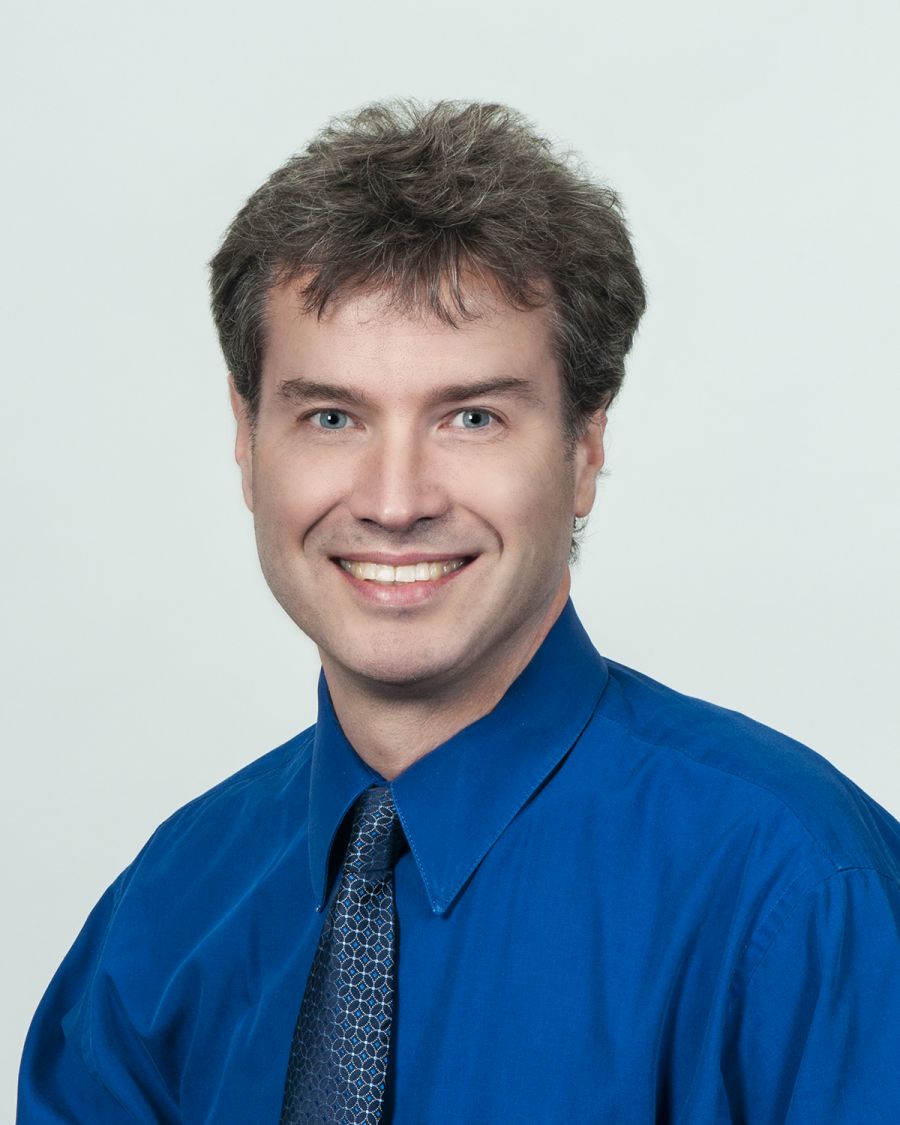


Embarrassment pierces like a hundred pinpricks.
Without question, I felt them slice into me many years ago in the stale sunlight of a late afternoon. I was a Writing Specialist at a university. I dispensed my duties with relative comfort after several years of both teaching and studying writing. Not only that, but I was the product of an interdisciplinary curriculum. I liked to think I knew a little bit about everything.
And that’s why the paper shocked me.
I reviewed the work of the history student as he sat next to me in the tutoring center, his quiet smile warm, affable, and in direct contrast to the content of his writing. He had written a research paper about the Tulsa Massacre of 1921, where white mobs, many of them deputized by local officials, murdered Black residents and destroyed Black-owned homes and businesses…a sad moment in history I knew absolutely nothing about. That is until the young undergrad slid his paper across the table to me, a guy with fancy degrees and a face few bartenders would card. After discussing the mechanics of the paper, I handed it back to the student with my eyes lowered.
“I didn’t know any of this before reading your work,” I confessed. “Thank you for teaching me.”
Once the student left, I could only sit there, flustered with my own ignorance. That’s when the words of Maya Angelou came to me: “Do the best you can until you know better. Then when you know better, do better.”
I find it disheartening how much of a role embarrassment has played in education over the years. When confronted with something I feel I should already know or a task I “should be able to perform at my age,” it’s sometimes hard to hold the memories back. Again I’m that kid randomly called on in a tough high school class because the teacher knew I struggled with the material and somehow thought embarrassment would serve as motivation, when all it really did was give me anxiety and shame. Again I’m that kid picked last in gym class, leaving me no other choice but to conclude that physical activity was well beyond my wheelhouse.
That’s why embarrassment is something I try to eradicate early on in my classroom. I tell students that despite my degrees with “Master” in the title, I am anything but. There will always be something we don’t know, especially as the world around us continues to change. We must therefore commit to being lifelong learners, defying our learned embarrassment when encountering a blind-spot in our knowledge or skillset, and instead developing a growth mindset that embraces curiosity.
Curiosity excites. Curiosity wants to know what’s next. Curiosity invokes those thrilling moments in grade school when we first learned the planets of the solar system or painted our first pictures. We seldom felt embarrassment because we had permission not to be experts.
We still have permission.

